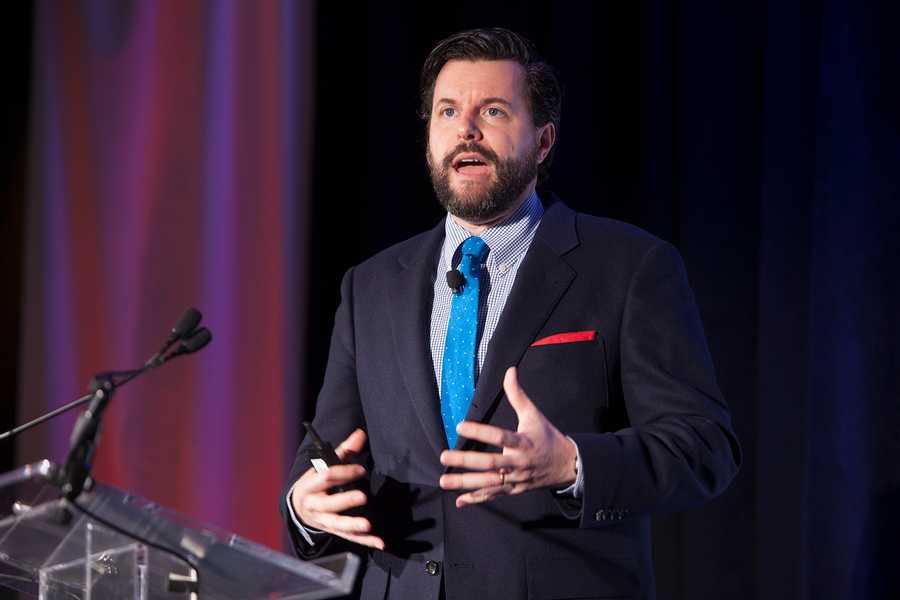“Our brains crave reducing things to two or three options. So when we’re faced with a lot of information, we start automatically arranging it into mental folders and subfolders and sub subfolders. This ability to digest large amounts of information by breaking it into smaller pieces is how our brains turn information into knowledge. We learn which facts or lessons to apply in a given situation by learning which folders to consult."
CHARLES DUHIGG
3.33K
7.83K reads
CURATED FROM
IDEAS CURATED BY
The idea is part of this collection:
Learn more about books with this collection
How to delegate tasks efficiently
How to use technology to your advantage
How to optimize your work environment
Related collections
Similar ideas to CHARLES DUHIGG
How our brains process information
Our brains process information in two ways:
- Fast: Our fast brain is highly efficient, and makes decisions automatically by focusing on a few details it finds important, based on past experience.
- Slow: Our slow brain uses control processing t...
The Progress Principle
If we don’t see enough progress by the end of the day, it feels (to us or our superiors) like we haven’t done enough.
Apart from the completion bias, where our brain seems hardwired to wanting to finish the given tasks, we are also having another cognitive bias called the plan...
Computational Artefacts
- The modern computer is a hierarchically organized system of computational artefacts.
- Hierarchical organization is a means of managing the complexity of an entity.
- Computational artefacts are made things; they process symbol structures signifying information,...
Read & Learn
20x Faster
without
deepstash
with
deepstash
with
deepstash
Personalized microlearning
—
100+ Learning Journeys
—
Access to 200,000+ ideas
—
Access to the mobile app
—
Unlimited idea saving
—
—
Unlimited history
—
—
Unlimited listening to ideas
—
—
Downloading & offline access
—
—
Supercharge your mind with one idea per day
Enter your email and spend 1 minute every day to learn something new.
I agree to receive email updates
